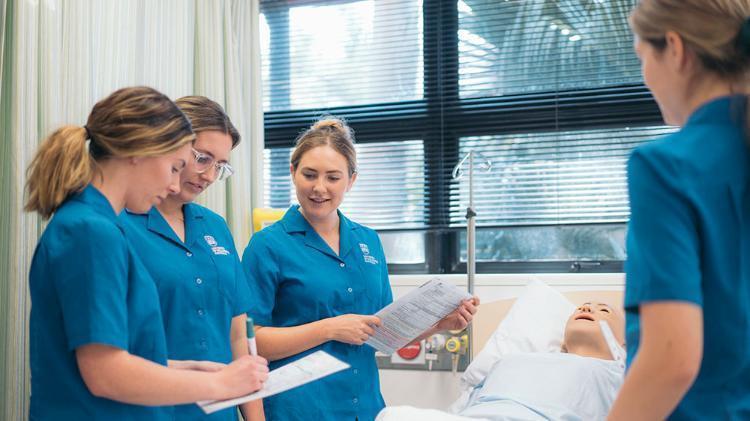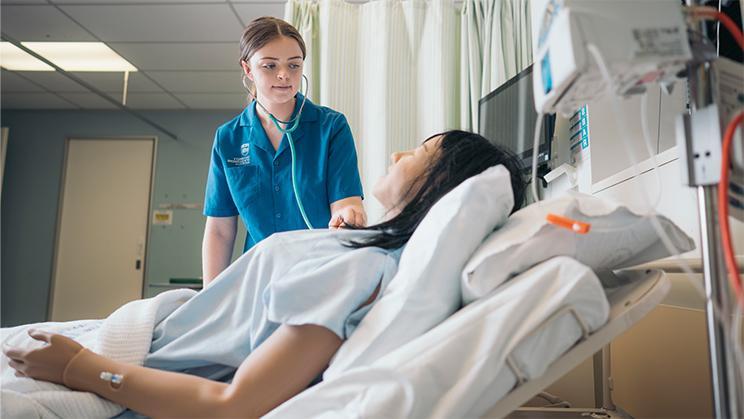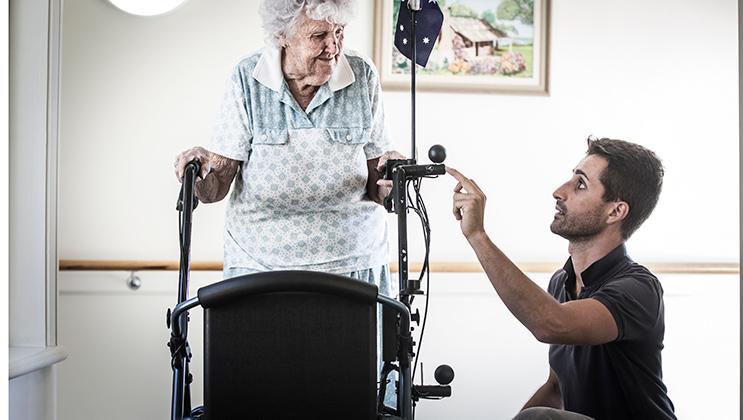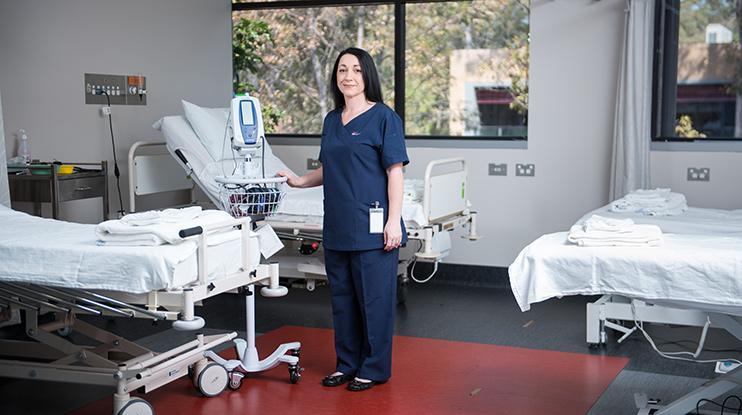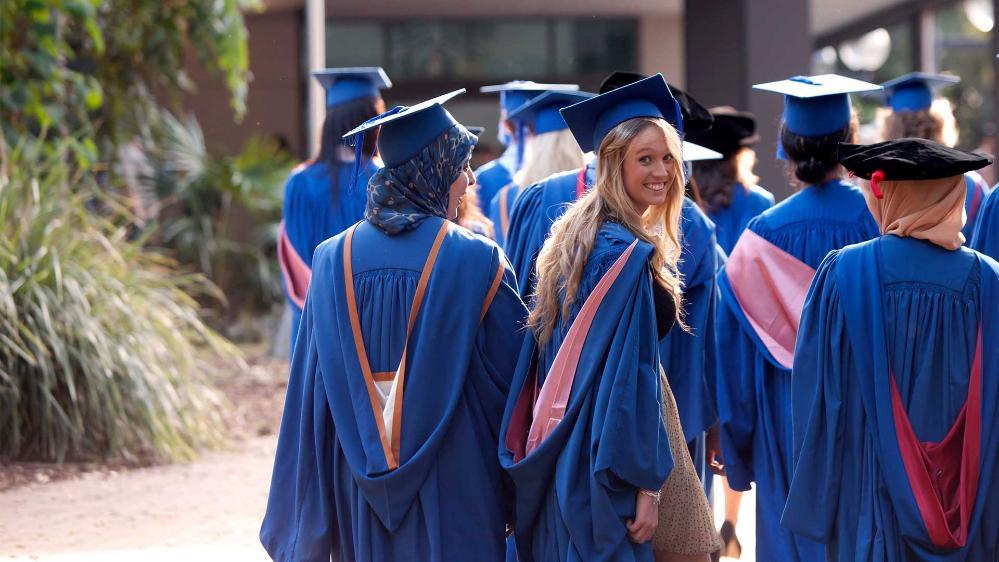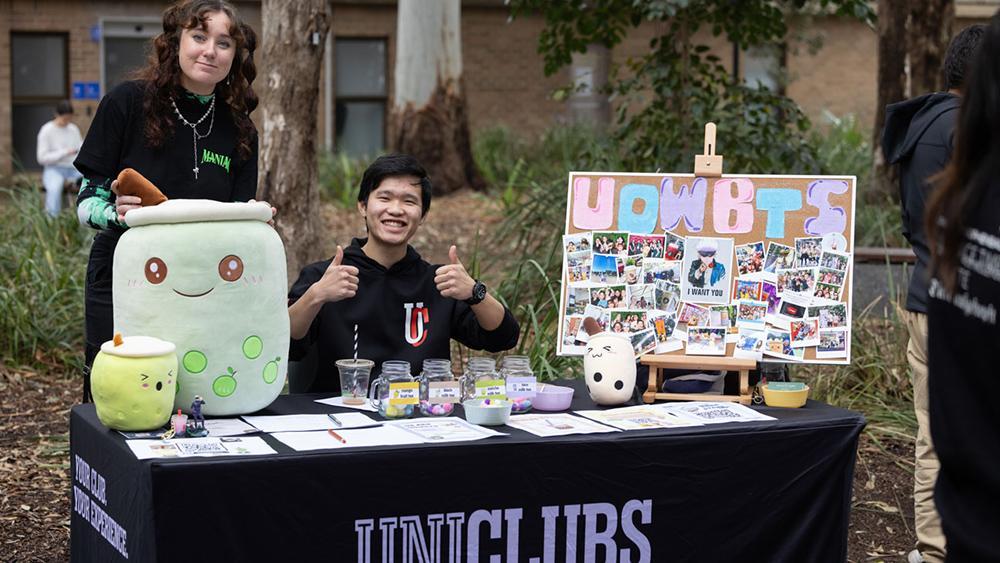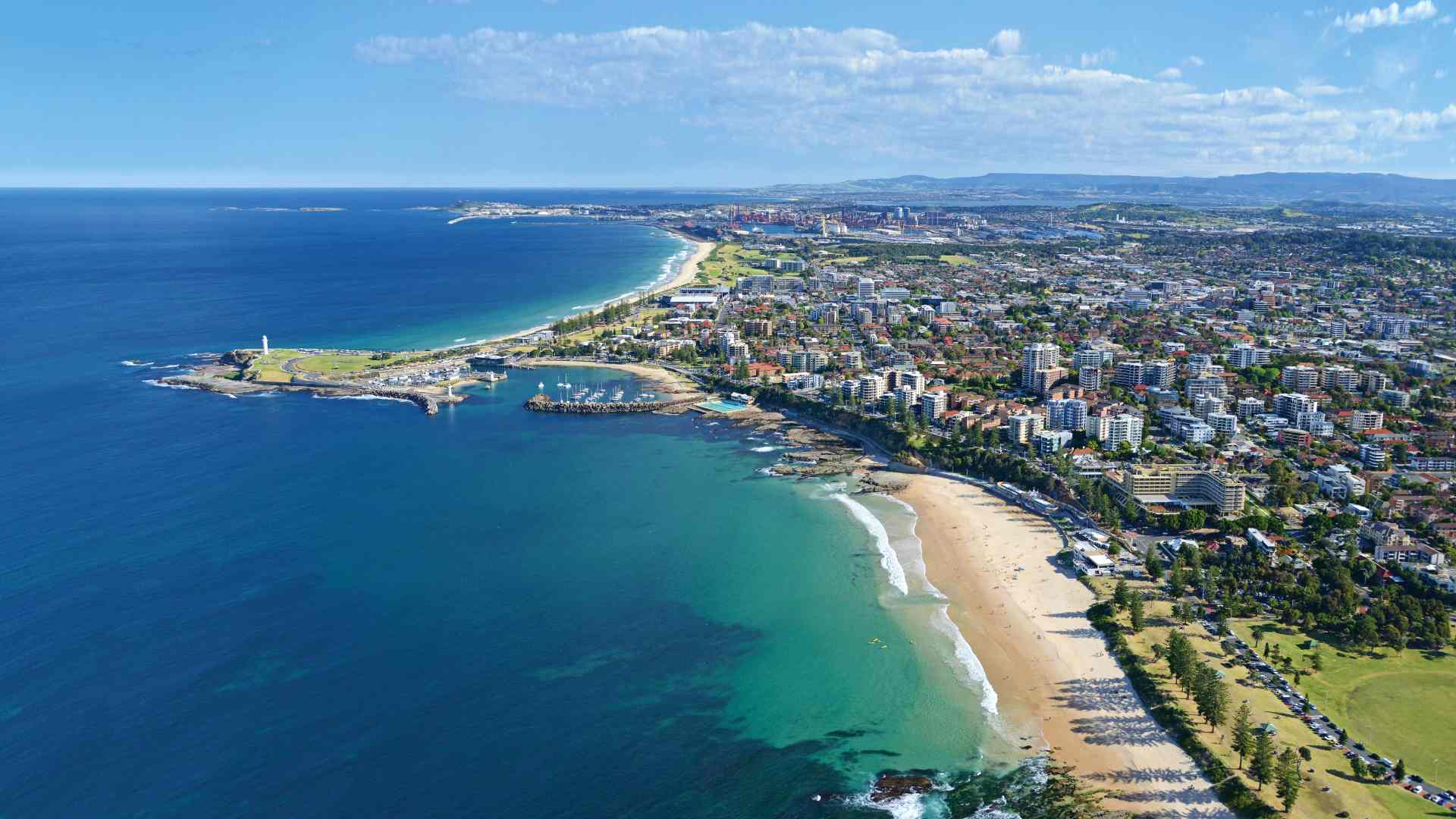Explore Nursing degrees
Nurses help others to achieve better health outcomes. They are involved in a range of healthcare activities designed to provide care to people with acute, chronic and complex health conditions.
Be equipped with practical, diverse skills, ready for a rewarding career. Enter an industry crucial for supporting individuals, families, and communities, with a world of opportunities awaiting you.
Postgraduate Coursework
- Graduate Certificate in Gerontology & Rehabilitation Studies
- Graduate Certificate in Medical & Health Leadership
- Graduate Certificate in Mental Health Nursing
- Master of Medical & Health Leadership
- Master of Nursing (Pre-Registration)
- Master of Science (Leadership in Gerontology & Rehabilitation)
UOW College provides pathways to Nursing degrees at UOW. By completing a Diploma of Nursing at UOW College, you will be equipped to work as an enrolled nurse and have an opportunity to enter the second year of the Bachelor of Nursing at UOW University of Wollongong.
Alternatively, UOW College also offers the University Preparation Program to help you enter your first year of study at UOW.
Health care has been the biggest provider of new jobs in Australia. UOW produces graduates who are committed to improving the health of individuals, communities and populations.
Here is just a sample of the careers you can pursue:
- Clinical nurse consultant
- Emergency nurse
- Health promotion officer
- Nurse educator
- Nurse manager
- Registered nurse
- Scientific researcher
- Specialist nurse

